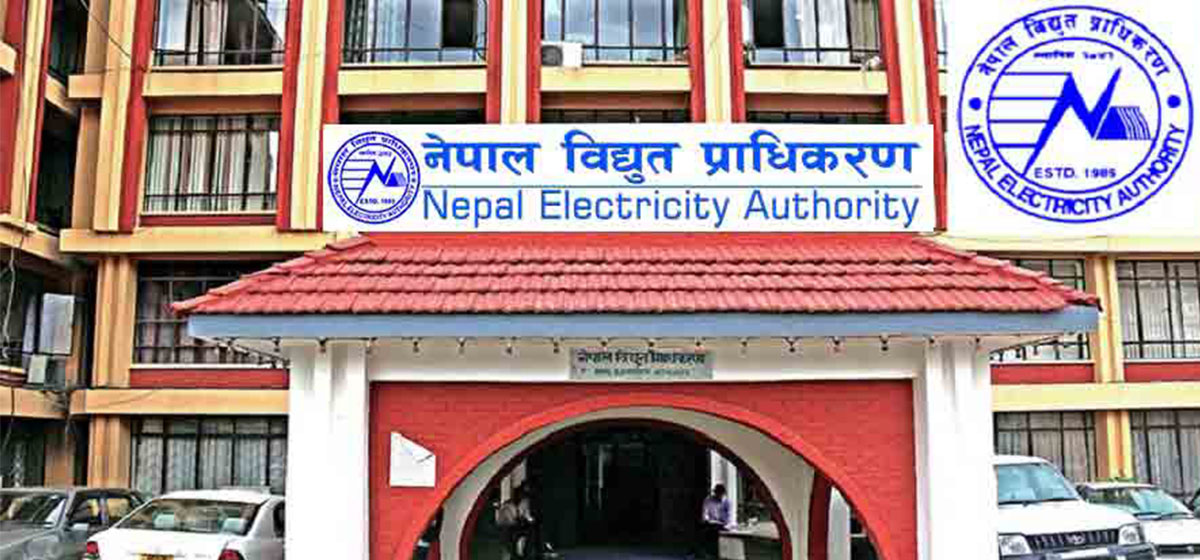In a significant development, Nepal and China have inked a commitment to move ahead with the construction of the Jilong-Keyrung-Rasuwagadhi-Chilime 220 KV Cross-Border Transmission line, a landmark project that signifies China's newfound willingness to cooperate with Nepal in energy distribution. This breakthrough comes after years of Nepal's persistent efforts to secure China's consent for the export of hydroelectric power, efforts which were previously stonewalled by its northern neighbor. Although the speed of the implementation of this deal remains to be seen, the agreement, announced during the visit of Nepal's Prime Minister Pushpa Kamal Dahal to China, signifies a positive stride towards mutual cooperation, especially in the energy sector. Both nations have demonstrated a shared intent to collaborate on the development of hydropower and cross-border transmission lines, showcasing their commitment to fostering a fruitful bilateral relationship.
Vaidya Energy Pvt Ltd introduces Ather Space- Electric Scooter...

At the core of this development lies the prospect of diversifying Nepal's energy market. By securing a commitment from China for the construction of the transmission line, Nepal opens up avenues for exporting its surplus electricity, reducing its dependency on a single market. For years, Nepal has been exporting excess electricity to India; however, the opportunity to extend this trade to China and potentially Bangladesh is a promising leap forward. The transmission line is anticipated to connect Jilong in China to Rasuwagadhi in Nepal, providing a crucial link for electricity trade between the two nations. This initiative promises to fortify Nepal's energy sector, offering a stable market for electricity generated by power promoters within the country. Not only does this diversify Nepal's energy market, but it also mitigates the risk of overdependence on any single trading partner. Additionally, this development offers a potential solution to Nepal's burgeoning trade deficit with China. By leveraging its energy surplus and establishing a bilateral trade relationship in the energy sector, Nepal can work towards reducing its trade imbalance with China. The revenue generated from electricity exports could play a pivotal role in addressing this economic concern, fostering a more balanced trade relationship.
While the journey towards this point has seen its share of delays and alterations, including a shift from the initially planned 400 kV transmission line to a 220 kV line, the perseverance and dedication of both countries have finally borne fruit. The alignment of goals and the commitment to a mutually beneficial partnership are paramount in ensuring the success of projects of this scale and importance. In this sense, the agreement between Nepal and China to expedite the construction of the Jilong-Keyrung-Rasuwagadhi-Chilime 220 KV Cross-Border Transmission Line signifies a positive stride towards diversifying Nepal's energy market and addressing its trade deficit. This initiative holds the potential to transform Nepal into an energy hub, engaging with not only India but also China and Bangladesh as key partners in the country's energy future. The collaboration opens doors for economic growth and sets a precedent for further cooperation between Nepal and its neighboring nations.



































